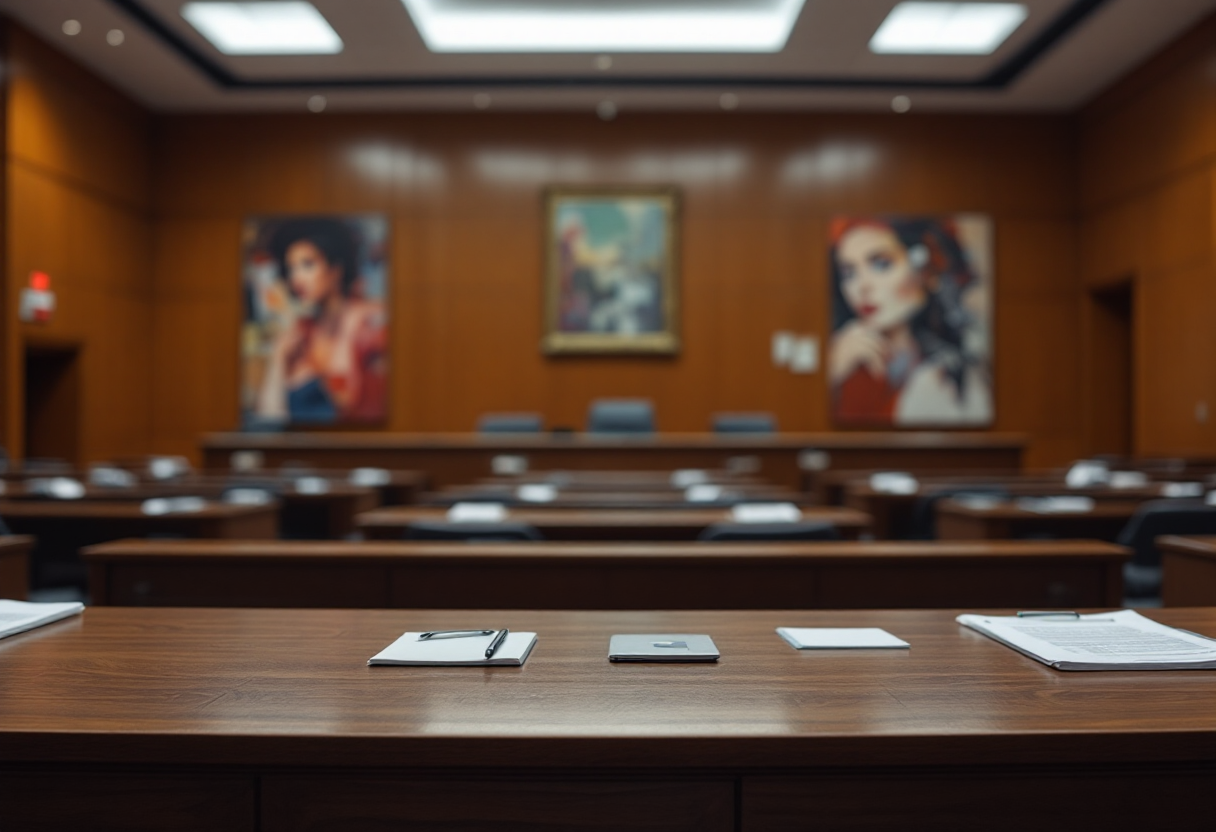Table of Contents
Understanding the legal landscape
The legal challenges surrounding Donald J. Trump and his associates are intensifying as various states press forward with criminal cases related to the 2020 election. These cases stem from efforts to maintain Trump’s presidency despite his electoral defeat, highlighting a significant moment in American political history.
As Trump gears up for a potential return to the White House, the implications of these legal battles could shape the future of American politics.
Key players in the courtroom
In Wisconsin, three former advisers to Trump recently appeared before a judge, facing multiple felony charges.
Among them is Kenneth Chesebro, who is accused of orchestrating a scheme to deploy fake electors in states Trump lost. This strategy involved submitting false documents to federal officials, claiming Trump had won in battleground states. The other defendants, Michael Roman and James R.
Troupis, played crucial roles in executing this plan, which has led to criminal prosecutions across several states, including Arizona, Georgia, Michigan, and Nevada.
State responses and implications
As the legal proceedings unfold, state prosecutors are making it clear that they will not back down.
In Nevada, new charges have been filed against six Republicans who acted as fake electors, while Georgia’s district attorney, Fani T. Willis, has pushed back against congressional attempts to interfere with her prosecution efforts. This ongoing tension between state and federal authorities raises questions about the balance of power and the integrity of the electoral process.
The outcomes of these cases could have lasting effects on the political landscape, influencing not only Trump’s future but also the broader implications for electoral integrity in the United States.




